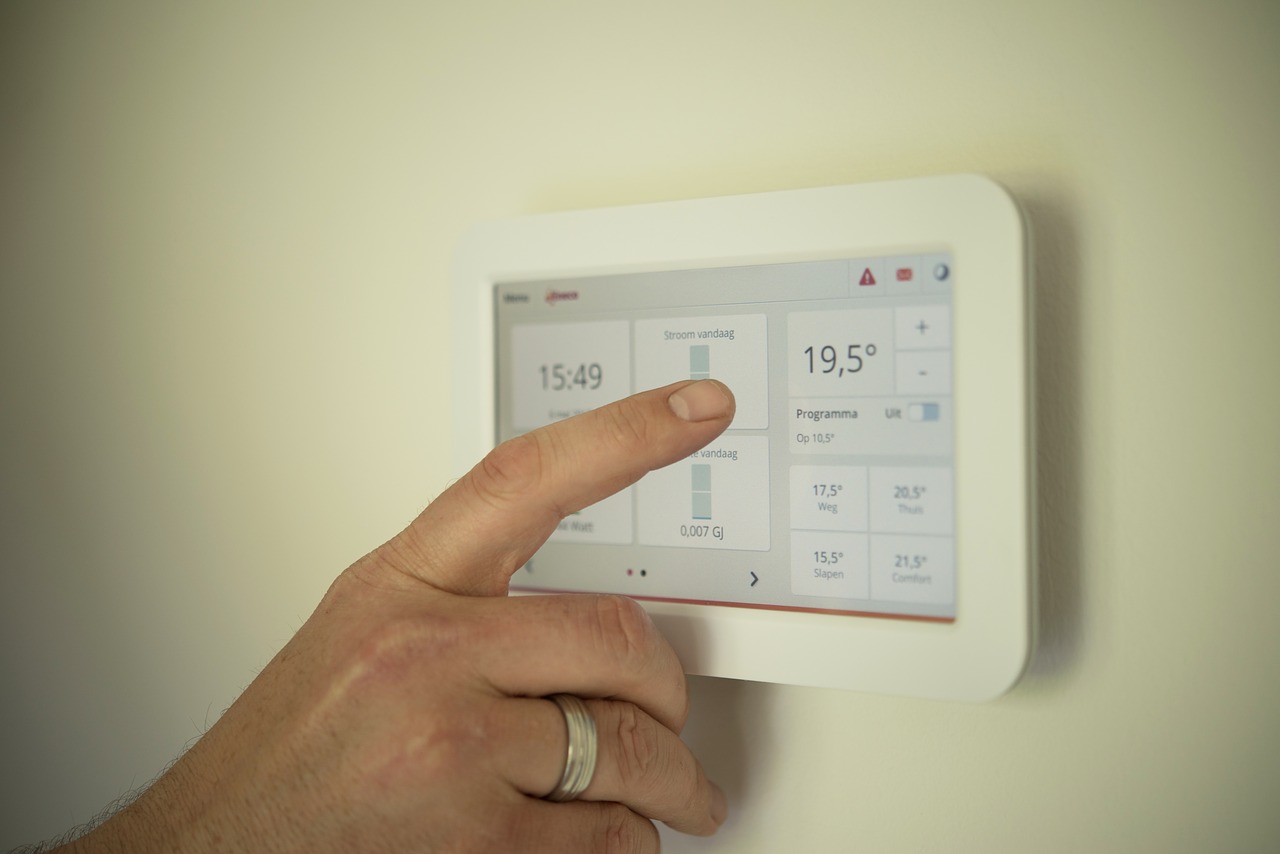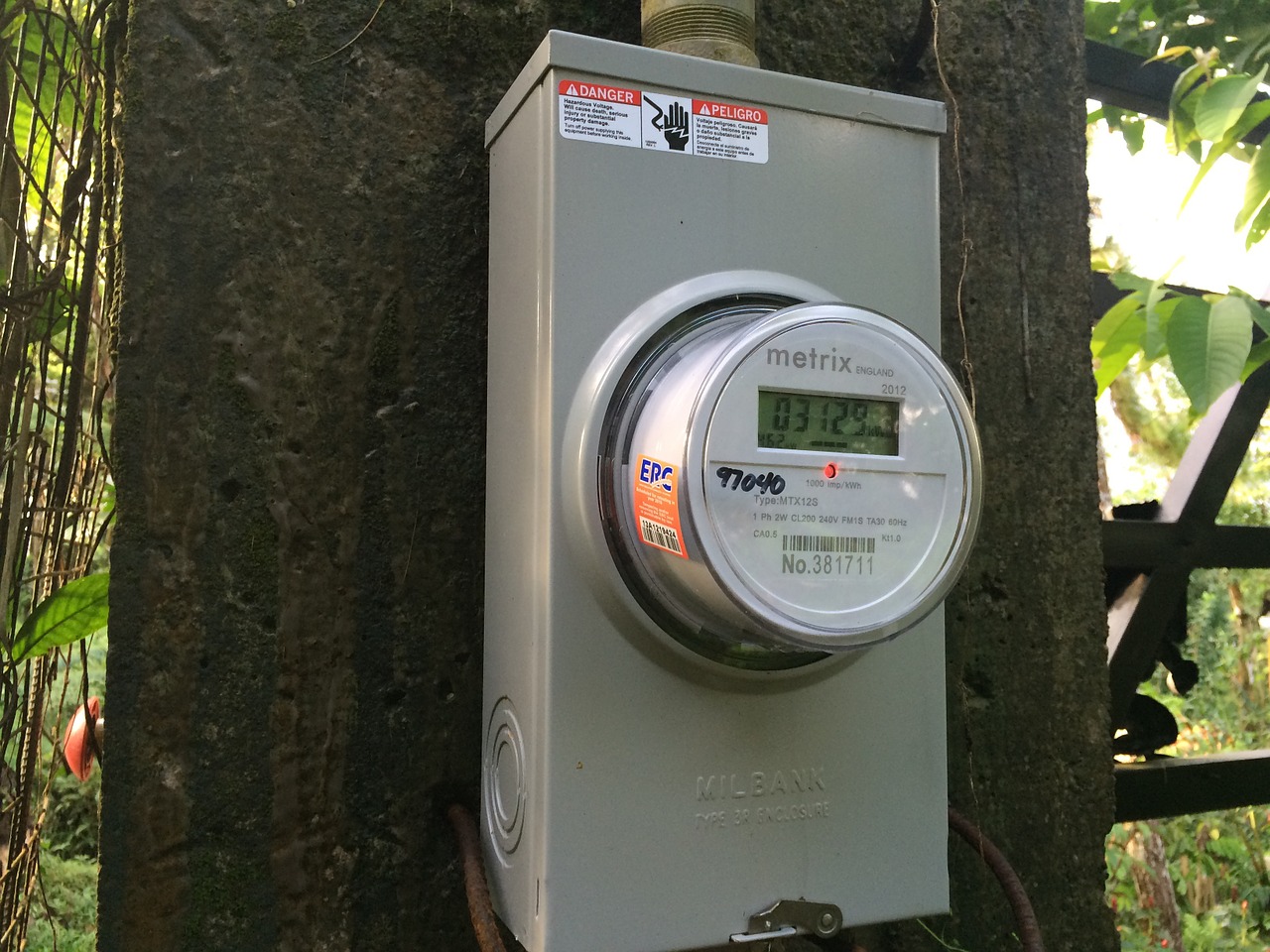Cold weather is coming and you’ll need a reliable heater to keep you warm! Here’s some info on the life expectancy of a furnace and 3 easy things that will keep it working for many more winters to come.

Life Expectancy of a Furnace and Signs of Inefficiency
The life expectancy of a furnace is impacted by the efficiency and quality of the furnace from the start. While the typical furnace life is anywhere between 15 and 20 years, there several factors that impact the actual lifespan of your heating system. Keep this in mind when you’re shopping for a new furnace.
Age and Model
Older furnace models are usually less efficient than newer ones. To get an idea of the time you have left with your current furnace, first find out its age. If the furnace was already there when you purchased the house, look up the model number and call the manufacturer. They can tell you all you need to know about your specific furnace and what to expect. No matter how old yours is or what the actual estimated expectancy may be, it’s wise to save up for a good replacement by the fifteenth year.
Check the Ratings
Every furnace has a specific energy rating called the AFUE (Annual Fuel Utilization Efficiency). The rating is given based on how well a furnace converts energy into actual heat production. The better the rating, the more efficient and longer lasting your furnace will be, as long as you keep it maintained. Look for the Energy Star sticker on your furnace to know that it is certified at 90% AFUE. Anything operating at under 80% will give you the sign that it’s time to upgrade.

Environmental Factors that Impact Life Expectancy of a Furnace
Whether you’re heating up your house or your workplace, the heating system needs to match the space. Is your furnace the right size for your room? Do you know that your ideal settings depend on how many people occupy the space and what the climate is like outside? Armed with this information, you’ll know how to invest in the right type of system and keep it running smoothly for a long time.
A Furnace the Right Size for the Space
When gauging the efficiency and life expectancy of a furnace, be aware that your room size will determine what type of heating system is needed. A heater that is too small for your space will never heat up your room enough to reach the auto shut off, and you’ll waste electricity.
On the other hand, if your heater is too large, it will be more expensive to run. In both instances, your furnace will wear out faster and waste energy, costing you more money than you need to spend. Figure out what you need according to the square feet of your space. Try this calculator to determine if your furnace is a good fit.
Climate Factors for Life Expectancy of a Furnace
The outdoor climate is another factor that will shorten or lengthen the life expectancy of a furnace. If you live in an area of extreme cold, you’re going to need a furnace that can put out more BTUs per square foot of living space. Check with some local experts to determine your specific heating needs.
Humidity will also play a large role in furnace life. In areas of higher humidity, be careful of rust which can cause premature cracks and leaks in the furnace’s heat exchanger. This repair calls for emergency service, so don’t wait until it gets cold. Without repair, this problem can lead to dangerously high level of carbon monoxide.

3 Tips to Extend the Life Expectancy of a Furnace
With all of this in mind, there are some easy things that you can do to help your furnace last longer. Take a proactive approach to save money and headaches this winter!
1. Get Routine HVAC Maintenance
Do not forgo the importance of keeping regular maintenance on your furnace. An annual tune up each fall, before cold weather hits, is a wise move. Schedule regular maintenance to catch any problems early. There are many working parts to a furnace, and each of them has a different function. HVAC professionals will check each component to make sure every bit is working together optimally. At Garden City Plumbing and Heating, you can sign up for the maintenance plan so that you never miss a tune-up! And in between each visit, be sure to check the furnace’s filters as they are an easy replacement you can do yourself.
2. Set It and Forget It – Consistent Temperatures
The life expectancy of a furnace depends on how hard you make your heating system work. What temperatures do you set the thermostat to? Keeping it set on one temperature set for most of the day is better than moving it up and down. If you go away for a winter vacation or a long weekend, consider setting the house temperature a few degrees cooler for the duration, or turn it off completely.
3. Insulate Your House Better
Though it may seem unrelated at first thought, adding insulation to the walls and doorjams can extend the life expectancy of a furnace. Many people think of insulation as saving money on energy costs, but it can also help your furnace last longer as it will not have to work as hard to maintain the desired temperature. The biggest culprits for poor insulation are usually found at the seals of your windows and doors. And after you check those, consider your attic space and make sure that also is insulated well.

Get the Most out of Your Furnace
All things considered, the life expectancy of your furnace depends a lot on you! Choose wisely and take care of it, and your furnace should last you twenty years or os. Whether your current furnace is towards the end of its life or brand new, you can start implementing better practices for getting the most out of your heating system.
Call Garden City Plumbing & Heating to schedule a HVAC tune-up for your furnace today!


